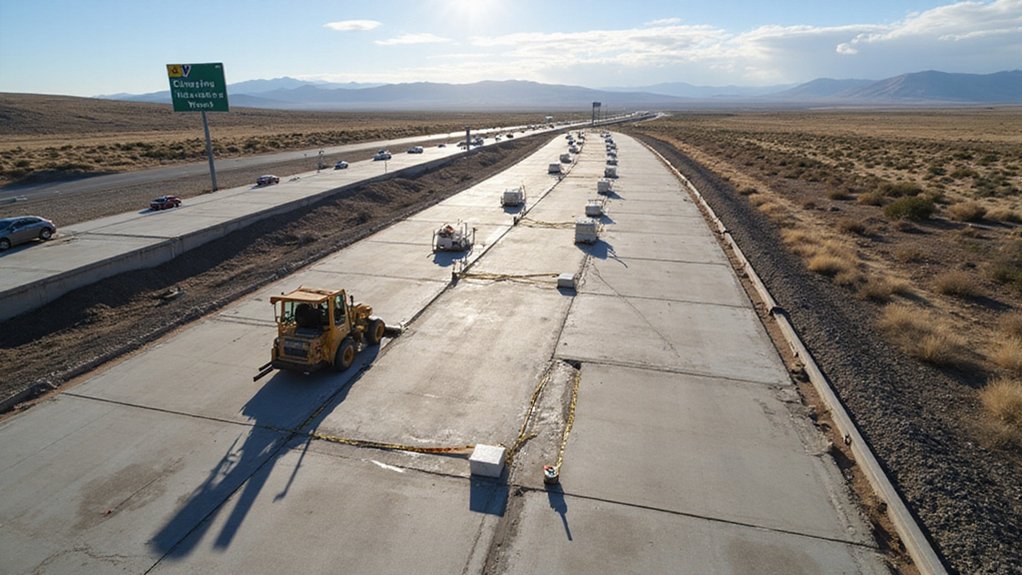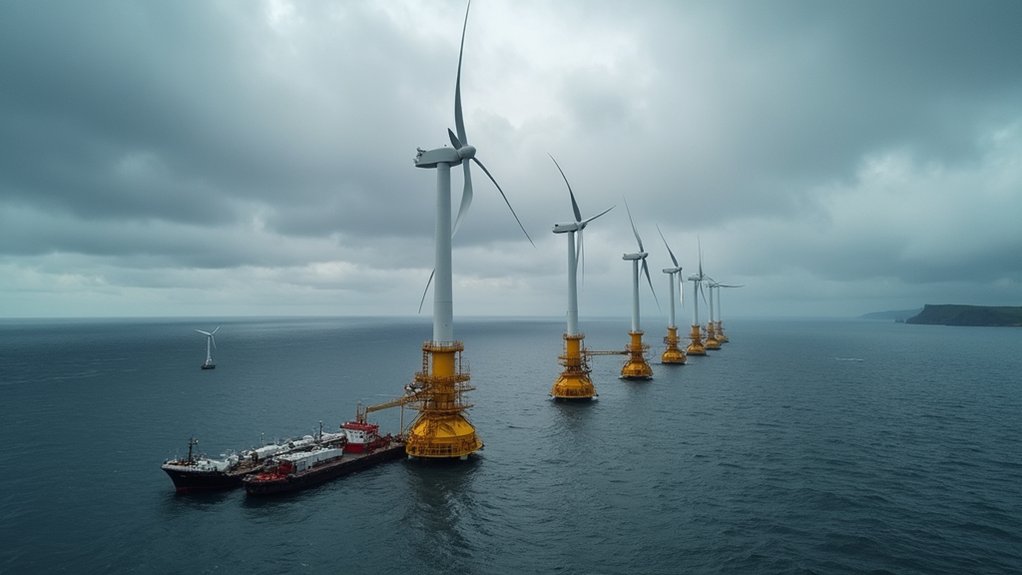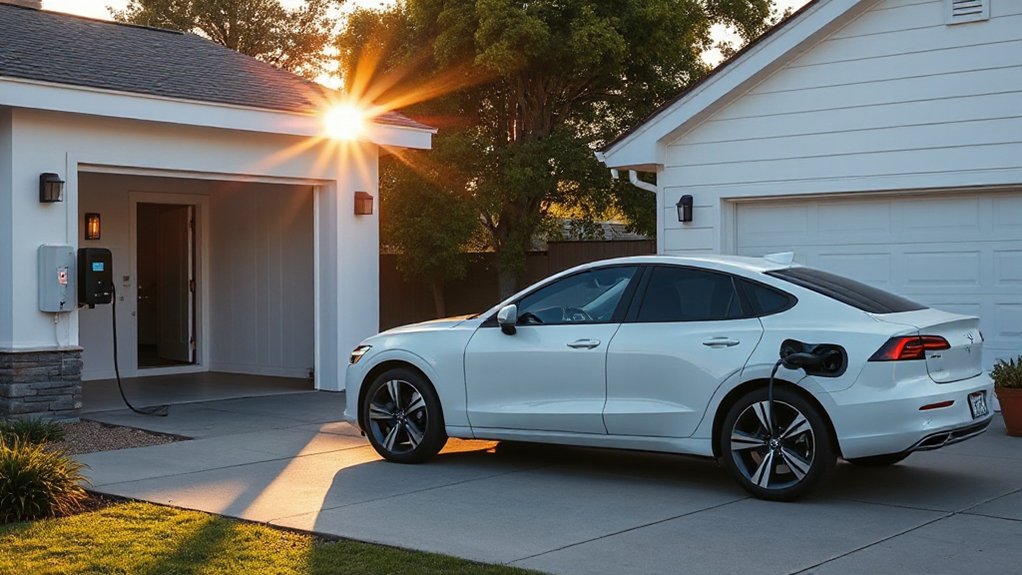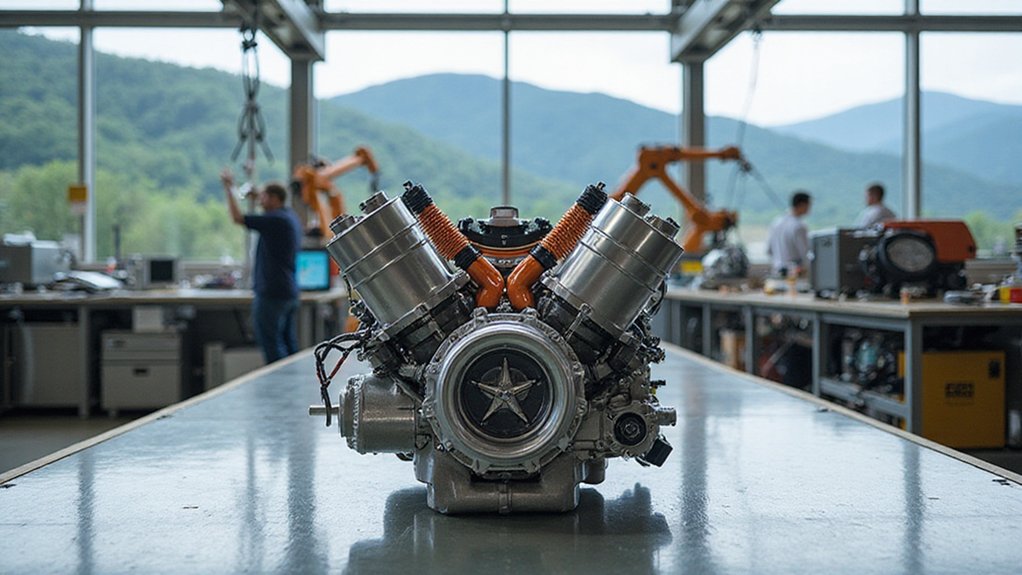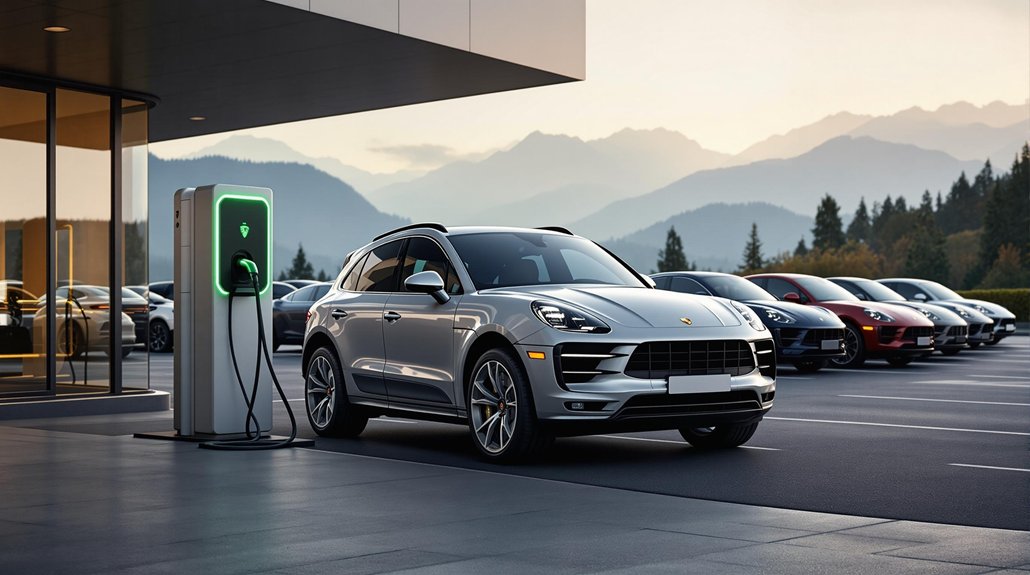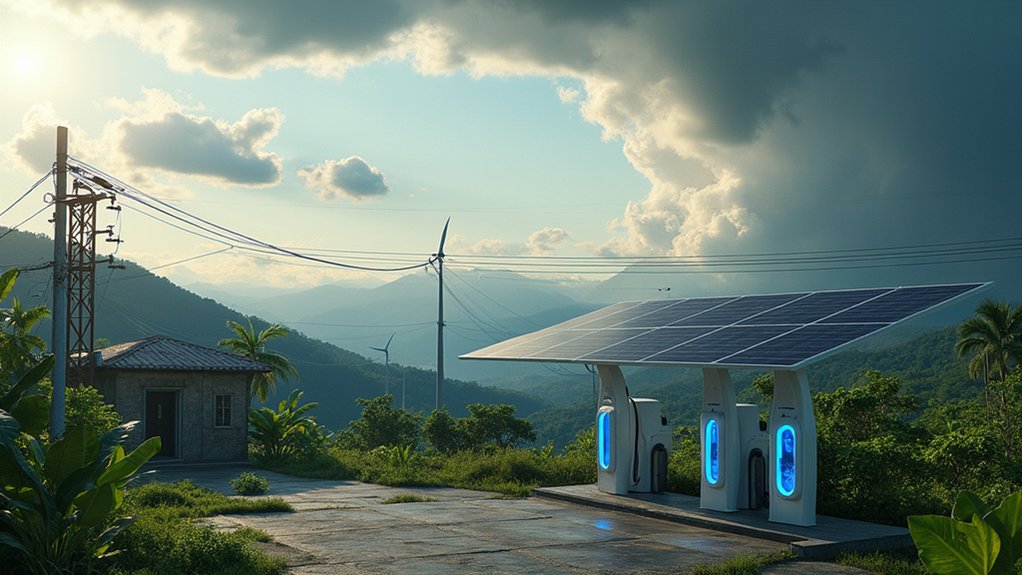A legal battle is brewing between seventeen states and the Trump administration. These states are suing over what they call an “illegal freeze” of $5 billion meant for electric vehicle charging stations across America. The funds were halted by an executive order on Trump’s first day back in office. State officials argue the federal government can’t withhold money that Congress already approved. The outcome could determine the future of America’s electric vehicle infrastructure and presidential power limits.
A coalition of 16 states and Washington, D.C. has filed a lawsuit against the Trump administration, challenging what they call an “illegal freeze” of billions in electric vehicle charging network funds. The lawsuit, led by Washington state, was filed on Wednesday, May 7, 2025, against the Department of Transportation, Transport Secretary Sean Duffy, the Federal Highway Administration, and Acting Administrator Gloria M. Shepherd.
President Trump issued an executive order on his first day in office that froze funds allocated by the 2021 Bipartisan Infrastructure Law. This included the $5 billion National Electric Vehicle Infrastructure Formula (NEVI) program, which was central to the Biden administration’s push for a national EV charging network. The $623 million previously allocated specifically for charging networks represents a crucial component of the administration’s clean energy investments. The Federal Highway Administration has since frozen more than $2.7 billion in NEVI funds.
President Trump’s day-one executive order halted $5 billion in EV infrastructure funding, freezing $2.7 billion for charging stations nationwide.
The states argue that the executive branch doesn’t have the authority to withhold or redirect funding that Congress has already allocated. They’re seeking a court order to restore the money to states. Washington state was set to receive $71 million for EV charging stations in Eastern Washington, while New York was awarded over $175 million with $120 million currently being withheld.
The funding freeze has disrupted projects already under contract or in planning stages. Washington state received 40 applications for the program by January’s deadline but can’t select awardees without the funds. Colorado Attorney General Phil Weiser has voiced strong opposition to the withholding of these critical infrastructure funds. States claim this action causes long-term financial and logistical harm to their infrastructure plans.
Tesla was one of the NEVI program’s top recipients, receiving $31 million to expand its Supercharger network. California Governor Newsom suggested Trump could “help Elon” by releasing the funding, noting the irony that Musk, who leads Trump’s Department of Government Efficiency, saw his company benefit greatly from the program.
The NEVI program aimed to establish an interconnected charging network, particularly along priority “alternative fuel corridors,” and would address “charging deserts” in rural areas and multifamily dwellings. The initiative was designed to boost EV adoption nationwide by addressing consumer concerns about charging availability.
Despite the funding freeze, experts expect the nation’s EV charging buildout to continue as automakers pursue electrification.
References
- https://www.businessinsider.com/states-dc-sue-trump-administration-funding-ev-chargers-billions-lawsuit-2025-5
- https://abcnews.go.com/Business/wireStory/states-sue-trump-administration-blocking-funds-electric-vehicle-121574445
- https://www.spokesman.com/stories/2025/may/07/washington-ag-sues-after-trump-administration-free/
- https://www.fingerlakes1.com/2025/05/08/states-sue-dot-ev-funding-freeze/
